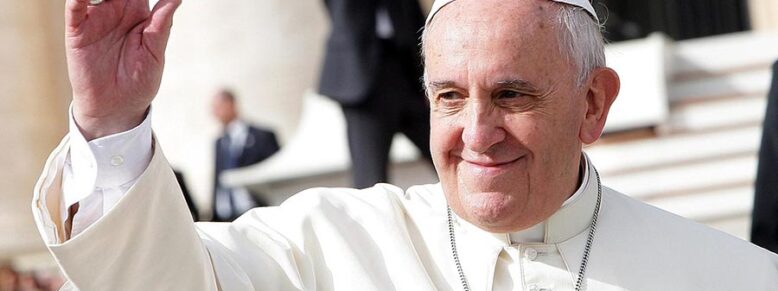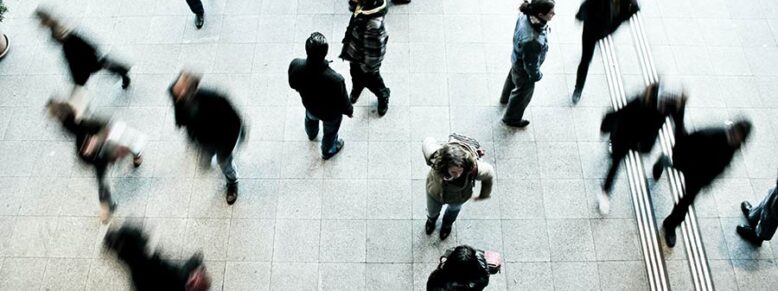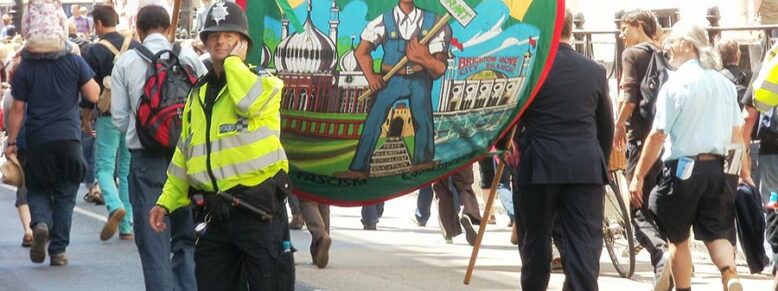On 4th October, the Feast of St. Francis of Assisi, Pope Francis published an apostolic exhortation, Laudate Deum (Praise God). This is a summary of that document.
Read more >>Laudate Deum – a summary


On 4th October, the Feast of St. Francis of Assisi, Pope Francis published an apostolic exhortation, Laudate Deum (Praise God). This is a summary of that document.
Read more >>
“the right of association is a natural right of the human being, which therefore precedes his or her incorporation into political society…” Centesimus annus, 7, emphasising Rerum novarum
Read more >>
The band “The Strawbs”, perhaps most famous for “Now, I’m a Union Man”, was formed at St. Mary’s before it was a university (they were originally called “The Strawberry Hill Boys”). The lyrics of that song, don’t really accord with Catholic social teaching on unions (“I say what I think, that the company stinks”…”With a hell of a shout, it’s ‘Out brothers, out!’ And the rise of the factory’s fall”…“And I always get my way If I strike for higher pay”…), but it is a good song and forms an interesting preface to an article on Catholic social teaching and trade unions.
Read more >>
Listening to the Archbishop of Canterbury speak on ‘reconciliation’ the other day at Digby Stuart College, I was reminded of my time working as the first ever faith advisor appointed at Cabinet level in the UK. While the current Archbishop had worked out a series of steps by which to address reconciliation in a variety of contexts, back then the argument was who best, and how best, for faith voices to be heard or engaged by government as a prelude to building up social harmony and collaboration in UK society. The whole approach was, for a while, qualified by long lists of ‘who not to talk to’ even if they were going to be key to the future.
Read more >>
This week’s blog post is an extract from Pope Francis’s message for the World Day of the Poor on 4th November 2022. The full message can be found at: https://www.cbcew.org.uk/papal-message-world-day-of-the-poor-2022/
Read more >>
This week’s blog post is the address of Pope Francis to the 25th Anniversary meeting of the Federation of Catholic Family Associations in Europe in Clementine Hall, the Vatican on 10th June 2022. The theme was “The Urgent Need to Develop Family Networks”. For brevity, some of the formalities have been edited out.
Read more >>
This is the second of two posts on how Catholic economists see their work. The posts are published in celebration of World Catholic Education Day on May 26, 2022, and within the context of the Global Compact on Education called for by Pope Francis. Quentin Wodon is a Lead Economist at the World Bank and a Distinguished Research Affiliate with the College of Business at Loyola University New Orleans.
Read more >>
Part I of this post looks at the background to this subject. It is the first of two posts on how Catholic economists see their work. The posts are published in celebration of World Catholic Education Day on May 26, 2022, and within the context of the Global Compact on Education called for by Pope Francis.
Read more >>
Economics involves the study of purposeful human action. When economists write about “methodological individualism” as being at the basis of their subject, some Christians have a tendency to think that this is problematic: after all, we are called to live in society. However, methodological individualism simply means that it is only the individual that can act purposefully. We should not think of the economy as an abstraction. Economic decisions, outcomes and even complex social structures ultimately arise from the decisions of individuals. If there is dire poverty, oppression and corruption in a country, this does not happen without sinful actions by individuals in the economic sphere. Even if structures of sin exist, whereby the culture is so warped that we find it almost impossible to resist the temptation to sin ourselves (for example, if we simply cannot run our small business without paying a bribe), as St. John Paul II reminded us, such structures of sin always derive from the actions of individuals. That is true even if those actions were historical and interact with the actions of many others.
Read more >>
Sometimes – it looks as if we are gradually emerging from the pandemic, leaving the worst behind us. But then there are probably times when even over the past few months most of us have felt hugely disorientated, lying awake wondering where will we be in six months, a year, ten years from now?
Read more >>